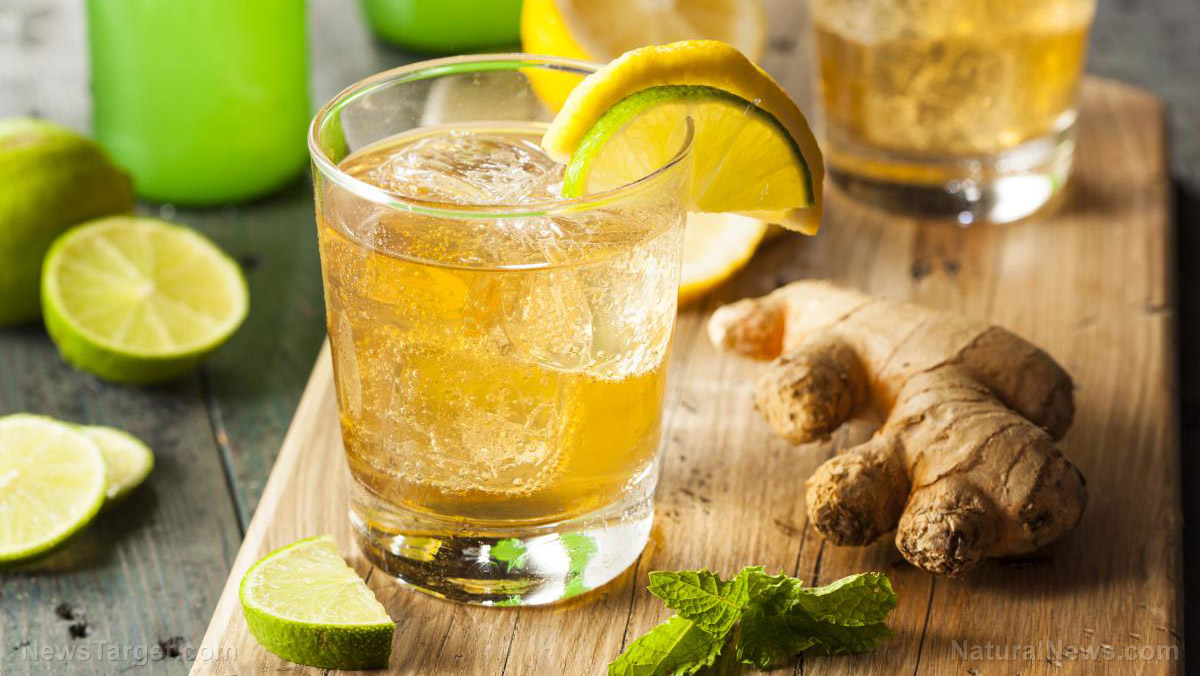
Advertisement
Diabetes mellitus is a metabolic disease marked by high blood sugar levels. The hormone called insulin moves sugar from the blood into your cells to be used for energy. With diabetes mellitus, your body either doesn’t make enough insulin (Type 1 diabetes) or can’t properly use the insulin it does make (Type 2 diabetes).
Though not as threatening as heart disease or cancer, diabetes mellitus often leads to serious, irreversible side effects like blindness and kidney failure. People living with diabetes mellitus are often recommended to follow strict diets to avoid spikes in their blood sugar levels, which can lead to complications.
There are no mainstream cures for either type of diabetes mellitus. Conventional treatments include regularly taking glucose-lowering drugs or shots of insulin. Thankfully, there are now many studies on the effectiveness of traditional herbal medicines for diabetes.
Natural medicines for diabetes
Natural healers have long been using medicinal plants and herbal preparations to manage diabetes. Below are some herbs and plants believed to have anti-diabetic effects:
- Gurmar (Gymnema sylvestre) – Gurmar is a climbing plant native to tropical regions of Asia. Some studies showed it is especially effective at lowering blood sugar levels in people with Type 1 diabetes.
- Fenugreek (Trigonella foenum-graecum) – Fenugreek is typically used in Mediterranean cuisine. Its seeds also have medicinal uses, such as for lowering blood sugar levels. One study showed that fenugreek seeds improved how cells responded to insulin in people with Type 2 diabetes.
- Bitter melon (Momordica charantia) – The extract of the bitter melon, also called bitter gourd, is reported to have anti-diabetic effects. One study on diabetic rats showed that bitter melon extract lowered blood sugar levels just as effectively as conventional blood sugar-lowering drugs.
- Indian gooseberry (Emblica officinalis) – Also called amla, the Indian gooseberry is a tree whose fruits are reported to help manage blood sugar levels. The fruits also help cells respond to insulin.
- Tea (Camellia sinensis) – Previous studies have shown that compounds called polyphenols in green tea leaves effectively lowered blood sugar levels in diabetic rats. Polyphenols also helped reversed damage to the pancreas, the organ charged with producing insulin for blood sugar control.
- Huang lian (Coptis sinensis) – Huang lian is an herb used in traditional Chinese medicine to lower blood sugar and protect against inflammation. Research shows that a chemical called berberine is responsible for the anti-diabetic effect and anti-inflammatory properties of huang lian.
Tips for managing diabetes
Healthy eating is a cornerstone of diabetes management. In fact, your food choices and eating habits are some of the few things you can control in light of diabetes. Here’s what you can do to manage your diabetes:
- Choose complex carbs – Complex carbohydrates release glucose slowly into your bloodstream. Good sources of complex carbs include whole grains, beans, peas and lentils.
- Eat less salt – Eating salty food raises your blood pressure, which can severely raise your risk of stroke and heart attack. People with diabetes are already at a high risk of these two health problems.
- Opt for lean protein – Cut back on red and processed meats, which are linked to health problems like cancer and heart disease. Instead, opt for healthier sources of protein like fish and legumes.
- Eat the rainbow – Fruits and vegetables contain antioxidants that lower inflammation associated with diabetes.
- Choose healthier fats – Omega-3 fatty acids in fish, seeds and olive oil help fight inflammation.
- Cut back on sugar – Ditch the sugar-sweetened drinks for water, tea or fresh fruit juice.
Diabetes is a serious disease that can potentially lead to long-lasting complications. Keep it under control with herbal remedies and medicinal plants. It also pays to watch what you eat and to adopt healthy eating habits.
Sources:
Journals.ATHMSI.org[PDF]
Advertisements







